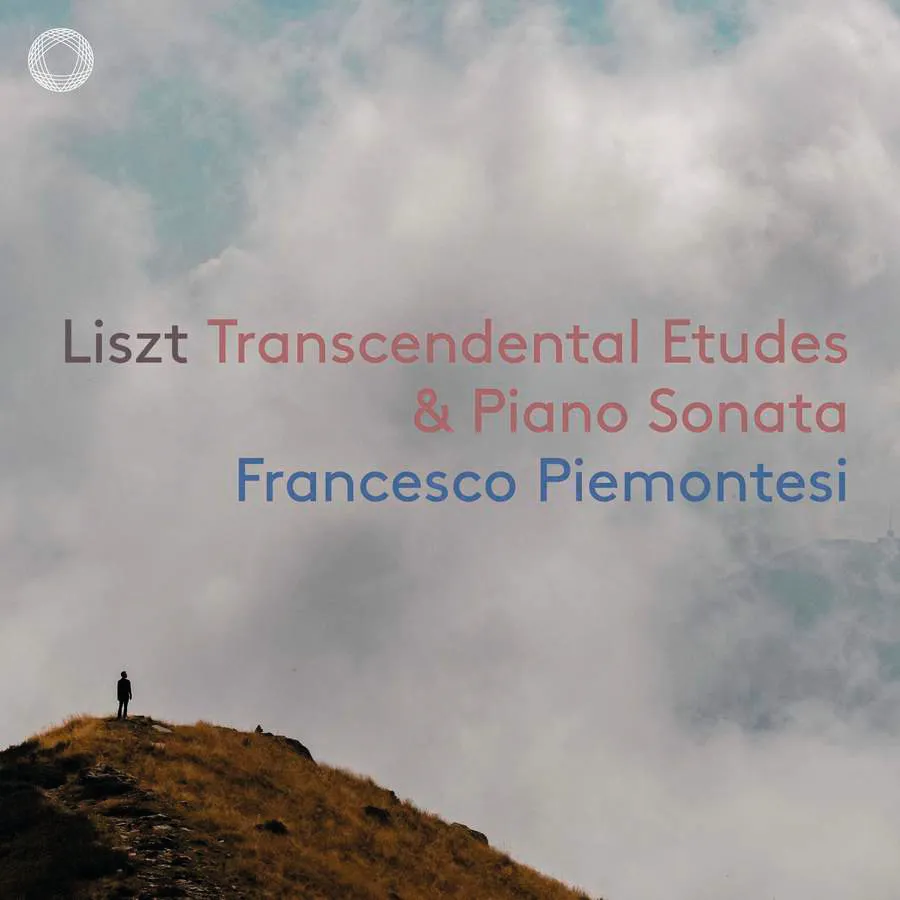
Liszt Transcendental Etudes; Piano Sonata in B minor Francesco Piemontesi (piano) Pentatone PTC 5187 052 96:00 mins
Liszt’s Transcendental Etudes were not created in one fell swoop. A first version was written in 1825 in the style of Czerny by the adolescent composer. A second version was written in 1837, but that was almost impossibly difficult. The version we know – still some of the most difficult piano music ever written – emerged in 1851. Francesco Piemontesi’s approach to these works has evolved in a somewhat similar manner: they have always been his musical Everest, he says, but only now in middle age has he felt ready to record them.
It’s been worth the wait. Each piece reflects absolute clarity of intention, even in the case of the longest and most episodic one, ‘Ricordanza’. Piemontesi has a rare ability to let us hear the individual notes in a rapid fortissimo wash of sound, and his variations of touch give free rein to the poetry. ‘Harmonies du soir’ opens with a silky touch, and builds to a majestic climax before dying back to a faint echo of itself. The lyrical ‘Paysage’, too, opens sotto voce, but as the sound palette becomes richer, one has the feeling of watching a series of receding landscapes, as in a Chinese scroll painting. ‘Wilde Jagd’ hurtles headlong, ‘Feux follets’ is gorgeously shaded and the virtuosity of ‘Allegro agitato molto’ is magnificent.
The Sonata in B minor gets a noble reading here, with Piemontesi deploying all the weapons in his armoury to pin us in our seats for this wordless but eloquent story.
Michael Church